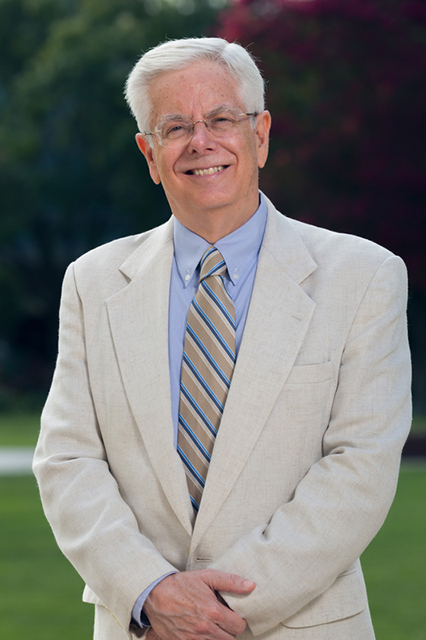As the new founding dean for the Alton and Lydia Lim Center of Science, Technology and Health, Paul Ferguson officially started his position on June 18.
As plans for the new center continue, Ferguson focuses on building a community among the different science and health majors as well as a new vision and mission for the science school. Currently, the leadership team of the new school seeks ways to improve current study programs and examine the possibility of creating new ones to enhance the students’ ability to be servant leaders and strong faith-based professionals.
Integrating faith and science
“I think the challenge for Biola students coming is that we want them to embrace their faith and to embrace the challenges of science,” Ferguson said. “They as believers have a unique position to integrate their faith with their science learning… Those are not distinctly different concepts.”
A program under consideration includes a new honors program specifically to encourage undergraduate research. The leadership team aims to provide more details by the end of fall 2016.
“He’s very passionate about us developing a stronger undergraduate research program. So what are the…most important pieces of equipment that we need? What’s the lab space that we need? And then start appealing to donors and the outside external community to maybe be a part of funding or donating some of those needs and partnering with Biola,” said Deborah Taylor, senior vice president of the President’s Administration Council.
Ferguson wants to increase Biola’s ability and efficiency to serve its students by providing better curriculum and resources in order for them to receive the best education possible.
“We are going to be very entrepreneurial in how we go after our resources… We really do need to increase our level of resources invested into the programs,” Ferguson said. “So we’re going to be very entrepreneurial about figuring out creative ways to hire faculty and fund our students and make sure our students impact and have [opportunities].”
Working in public higher education for over 30 years, in positions ranging from faculty to president, provides Ferguson with discernment on starting new programs.
Bringing new initiatives
“I think that’s kind of been a characteristic of my career is bringing new initiatives, increasing growth and development…and to improve and meet the changing needs of higher education,” Ferguson said. “So that’s kind of part of what I love to do, is help come and work with a group of great people and help them be even better than they are and move the institution to new levels.”
Taylor believes his transition from public higher education to Biola will bring new perspectives and ideas, which can hopefully benefit the student body and the formation of the new science school.
“From being in larger institutions, he’s bringing kind of some ideas, some strategies, even some understandings of how policies and procedures could work more smoothly… It brings a lot of strengths, a lot of expertise and a knowledge that is benefiting all of us,” Taylor said.
Ferguson and the leadership team expect to move into the building at the end of fall 2017 and begin hosting classes spring 2018.
“The miraculous part is an incredibly new organic school that’s vibrant and alive, and we want to be committed to being ready to move into the new facility as a vibrant, excited new school,” Ferguson said.







